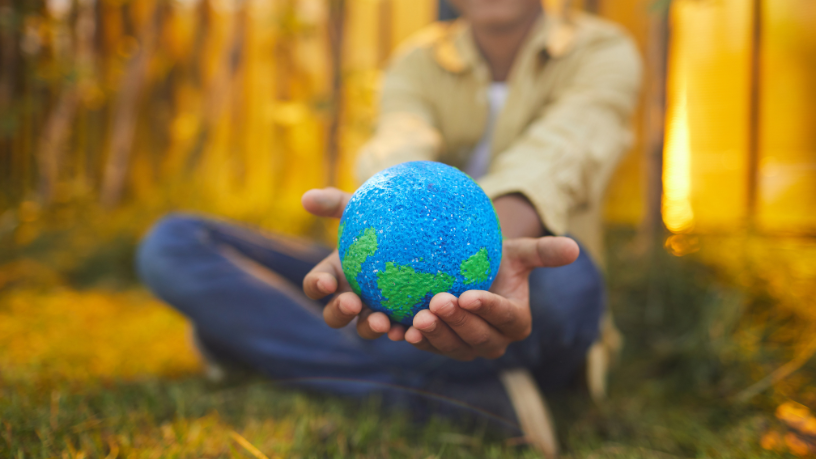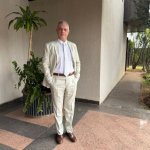The discussion about sustainability is increasingly gaining ground in social and educational debates. In line with this perspective, Lina Rosa Gomes Vieira da Silva emphasizes the role of each citizen in building a more sustainable future. Small everyday actions, when multiplied, can have a major impact on global environmental preservation.
How Do Small Individual Actions Impact the Environment?
Even simple daily gestures, such as sorting waste correctly or reducing water consumption, can contribute to the preservation of natural resources. When adopted by a significant number of people, these behaviors help reduce the pressure on ecosystems. Moreover, they promote a more conscious use of environmental assets, ensuring their availability for future generations.
According to data from the UN, global-scale habit changes could drastically reduce greenhouse gas emissions. Therefore, Lina Rosa Gomes Vieira da Silva suggests that each citizen has the power to be an agent of change. Encouraging these practices is essential to strengthening environmental awareness.
What Is the Importance of Environmental Education for Citizen Engagement?
As pointed out by Lina Rosa Gomes Vieira da Silva, environmental education is one of the most effective tools for shaping critical and conscious citizens who understand their role in society. When well implemented, it encourages reflection on the impact of human actions on the planet. In this regard, schools, families, and communities play a central role in spreading these sustainable values and behaviors.

Various initiatives reinforce that environmental knowledge awakens a sense of belonging and responsibility. As a result, individuals come to understand that preserving the environment is directly linked to collective well-being. Topics like these are frequently highlighted in educational discussions, especially when the focus is on transformative learning practices.
How Can Society Encourage Environmental Responsibility?
Public campaigns, community projects, and collaborative actions are effective ways to promote environmental responsibility among citizens. By creating opportunities for collective participation, the feeling that everyone can contribute real solutions is strengthened. These initiatives also expand the reach of environmental education beyond the school setting.
In addition, the use of social media and other digital platforms can enhance the sharing of sustainable information. As Lina Rosa Gomes Vieira da Silva highlights, investing in accessible communication and simple language is crucial to reaching diverse audiences. Social networks, local media, and school spaces can serve as effective mobilization channels. The more accessible the information, the greater the environmental engagement within communities.
Citizen engagement in environmental preservation is essential to ensuring a balanced and healthy future. With conscious actions and small habit changes, it is possible to contribute meaningful solutions to global environmental challenges. Transformation starts with each of us, and collective power lies in the hands of those who choose to act. As demonstrated by Lina Rosa Gomes Vieira da Silva, more than a responsibility, caring for the planet is a commitment to life.
Author: Vania Quimmer





